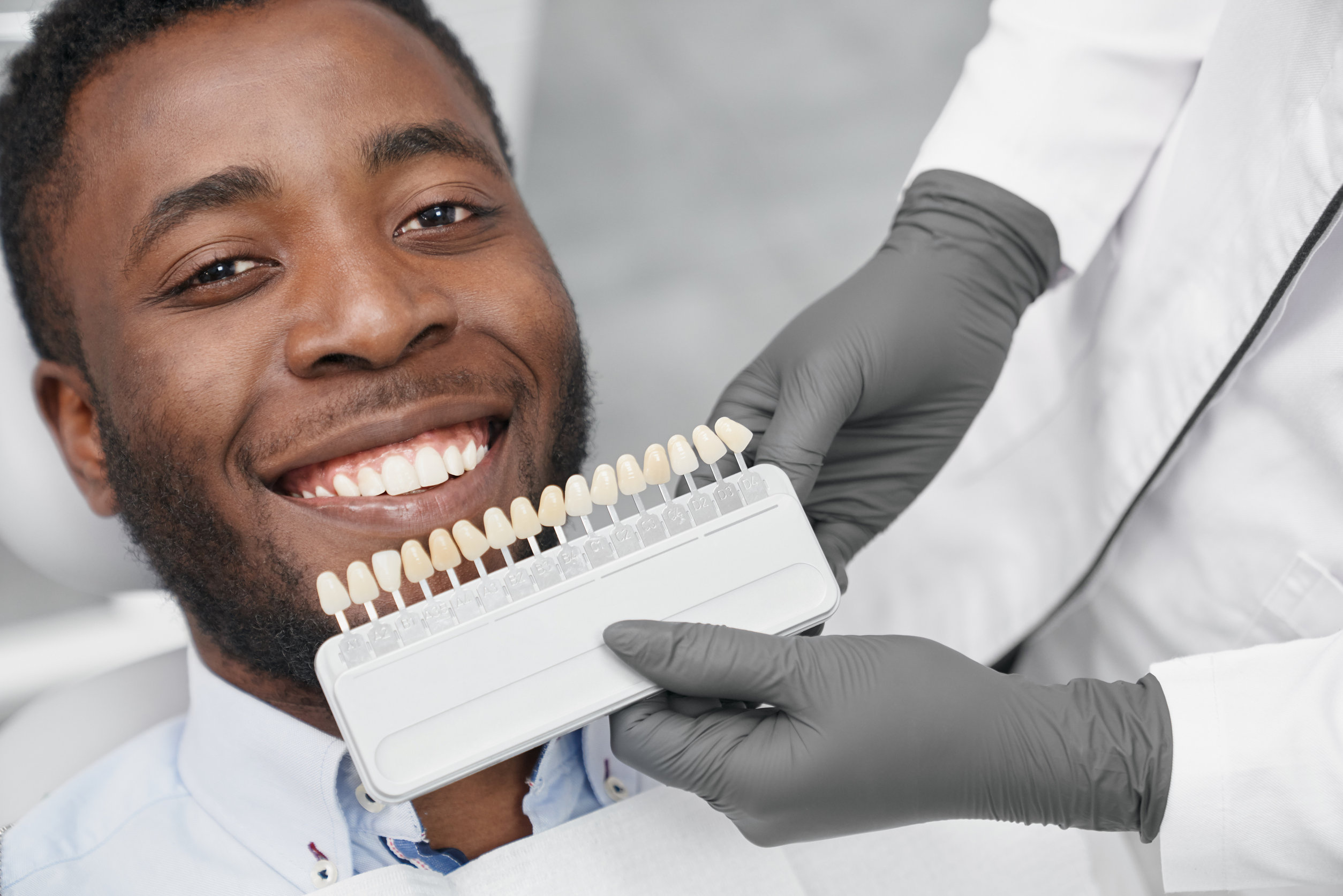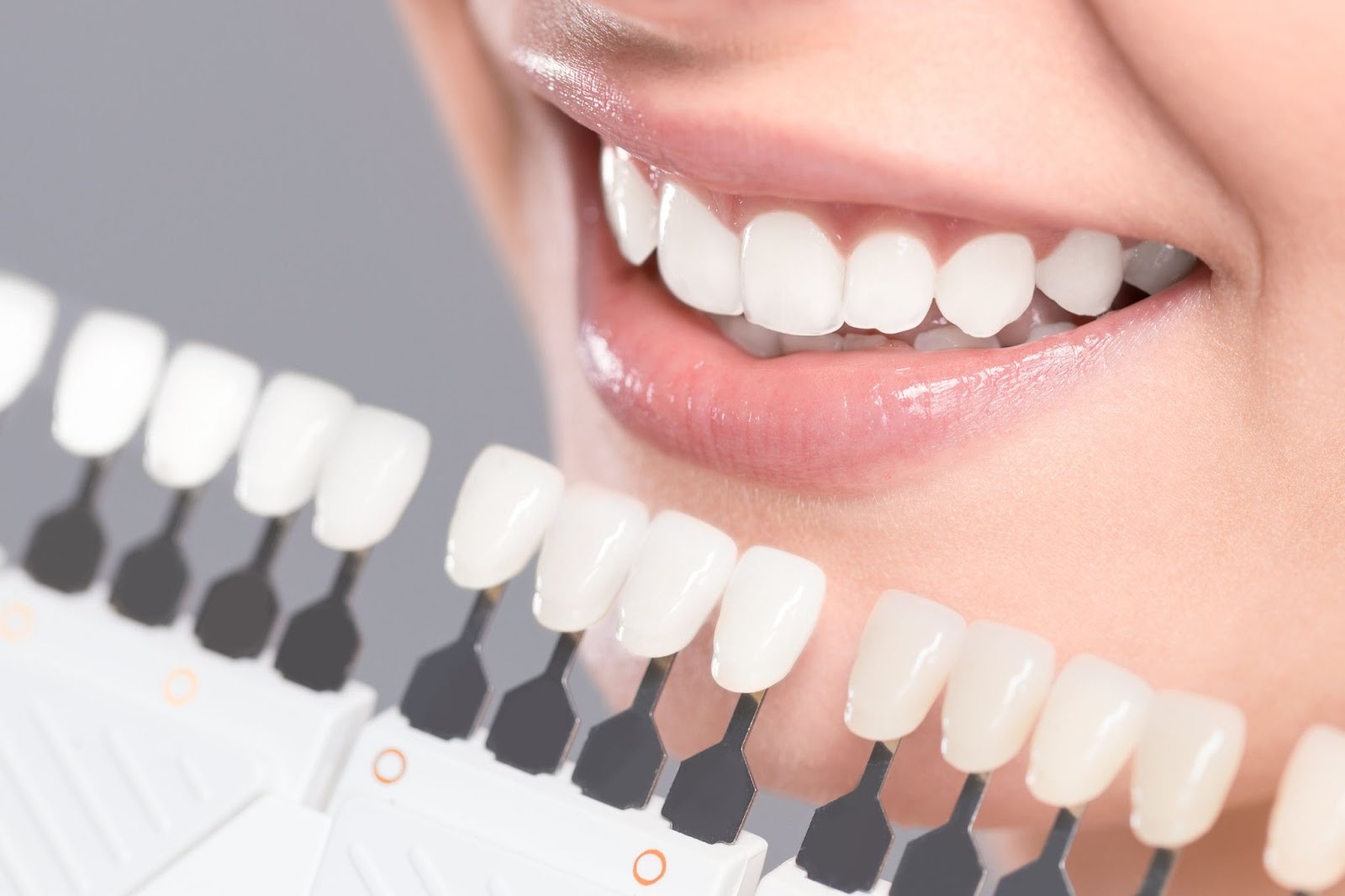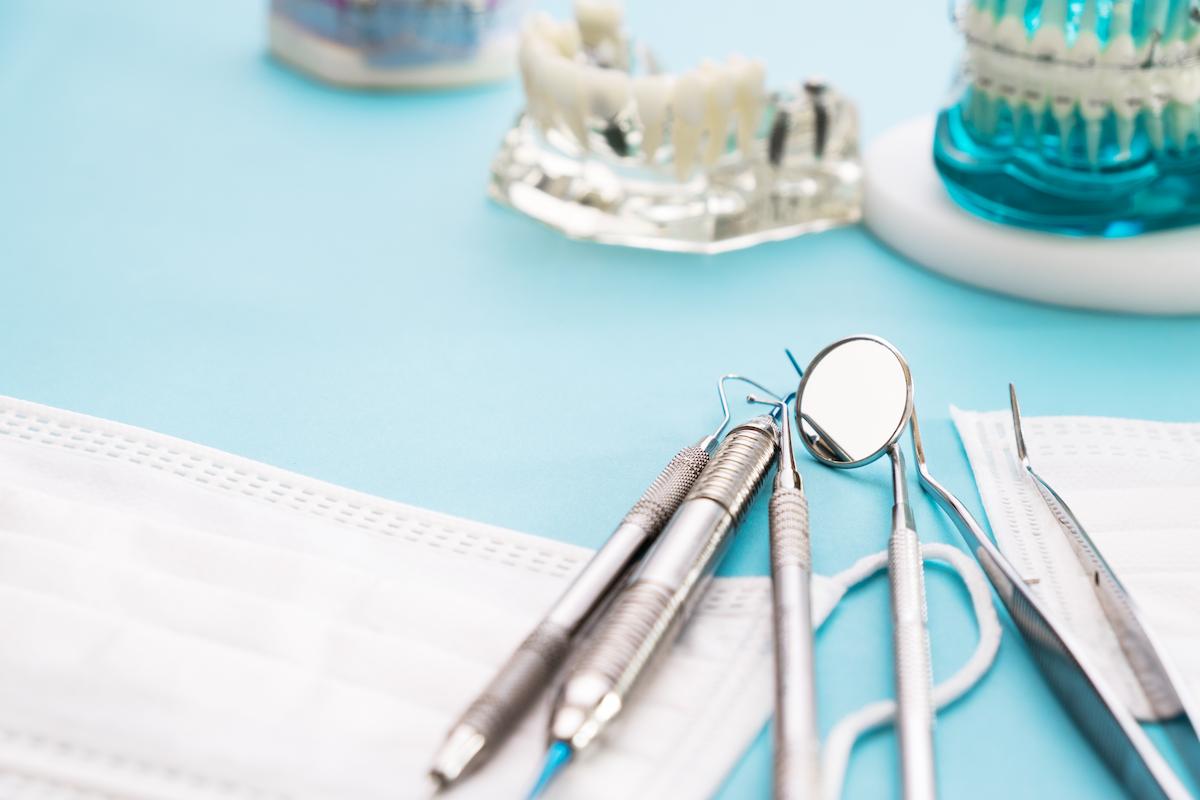
According to the latest 2023 data from the American Cancer Society, there are upwards of 54,000 new cases of oral (mouth) cancer each year. One in five of these cases proves fatal due to a late diagnosis. Therefore, oral cancer screenings are key to early detection and treatment.
Dentists are uniquely qualified to detect early signs of mouth cancer. Learn about the importance of oral cancer screenings in this article by Dalton Dental. You can also book your oral cancer screening in Tampa by contacting us today.
What is Oral Cancer?
Oral cancer, or simply mouth cancer, is a form and the most prevalent of head and neck cancers.
It can affect the lips, jaw, cheek lining, tongue, mouth floor, or mouth roof.
Unfortunately, mouth cancer can look similar to oral problems, for example, white patches or sores. However, the difference is that in the case of cancer, the conditions don’t go away but keep getting worse.
Other warning signs that may indicate the presence of mouth cancer might include chronic bad breath, rough spots in your mouth, or difficulty completing normal mouth functions like chewing, speaking, swallowing, or moving your jaws/tongue. If you ever experience these, schedule an appointment immediately with your dentist or healthcare provider.
Why Oral Cancer Screenings are Important
Mouth cancer screenings help dentists or healthcare providers look for any signs of cancer in or around your mouth. During the oral examination, the physician looks for any abnormalities or lesions in your mouth by:
- Visually observing the inside and around of your mouth for any abnormal white patches, lesions, or red areas.
- Touching the tissue in the gums, cheek lining, mouth floor, and roof to feel whether there are any bumps or lumps.
- A special oral cancer screening dye or light may be used during the procedure. The paint helps the dentist quickly identify lesions since they tend to absorb most of the dye. On the other hand, lighting may be used together with fluorescent mouthwash to help illuminate inconsistent tissue.
The importance of going through an oral cancer examination cannot be stressed enough. This is the best tool in your dentist’s hands to discover any cancerous or precancerous lesions early enough. Studies show that when cancer is detected in its initial stage, treatment efforts are more effective and successful than in late-stage cancer.
How Often Should I Get an Oral Cancer Screening?
It’s universally accepted that bi-annual oral cancer screenings are essential. The good thing is that the screening takes just a few minutes and can happen during your usual dental visit. Besides, no further action is required unless abnormalities are discovered during the screening.
What Happens After Oral Cancer Screening?
Typically, any action is needed only when there is a positive indication of abnormalities. If this is your case, you may be required to undergo additional tests for oral cancer to confirm whether it’s present.
Usually, a follow-up screening is scheduled after a few weeks to determine whether the abnormality is receding, growing, or changing. If this second visit confirms increasing or shifting abnormal lesions, a sample of your cells or tissue (from the affected area) is taken for an oral cancer biopsy. A biopsy is the only method to tell whether someone has cancer.
Oral Cancer Screenings in Tampa, Florida
Opting for oral cancer screenings dramatically increases your chances of an early diagnosis of cancer, significantly increasing the degree of success in treating it and giving you peace of mind.
At Dalton Dental, we’re committed to helping the residents of Tampa, FL, access the best oral health services, including mouth cancer screening.
Schedule your oral cancer screening appointment today by contacting us online or at (813) 872-8300.
Image credit: sujit kantakat / Shutterstock
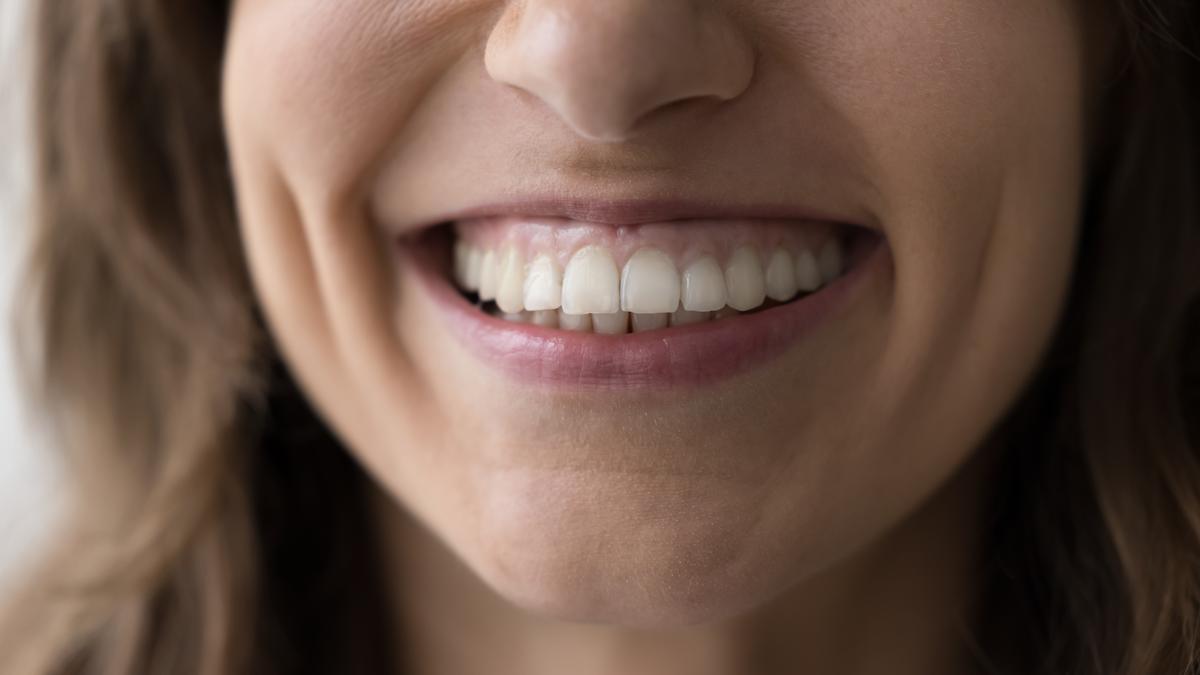
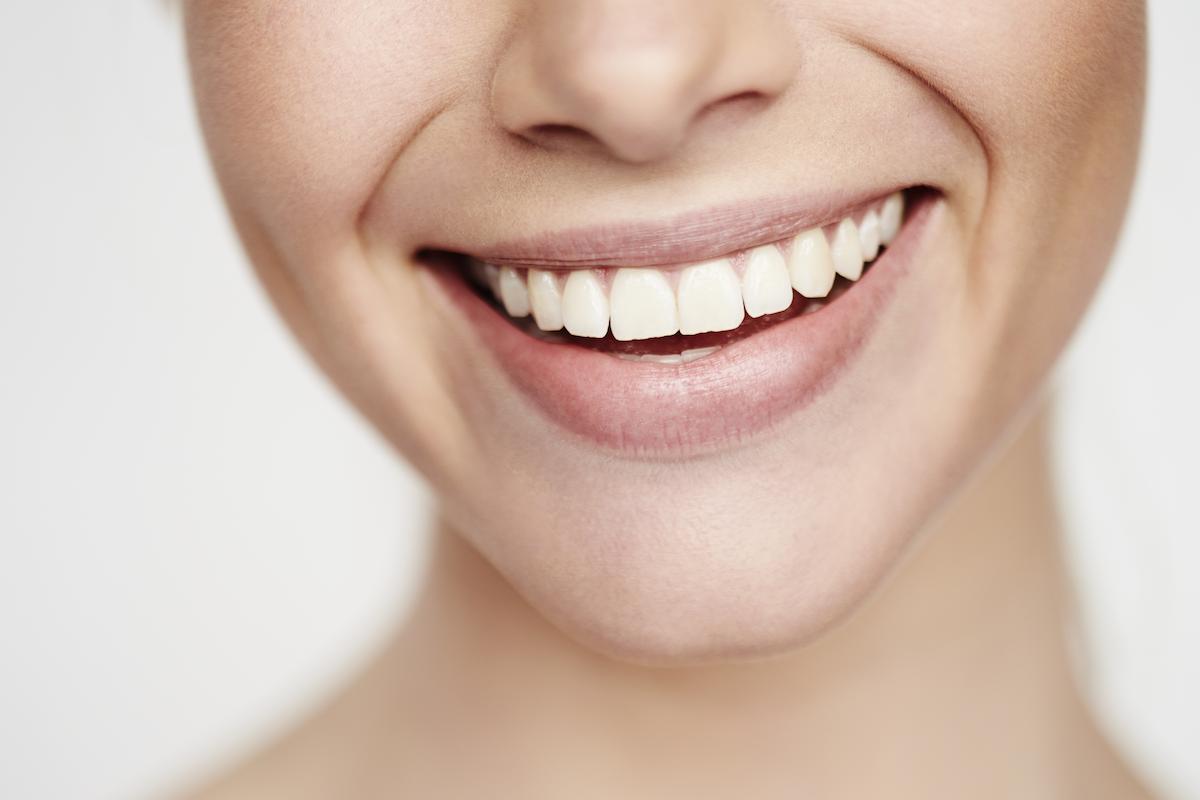
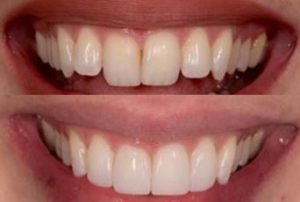
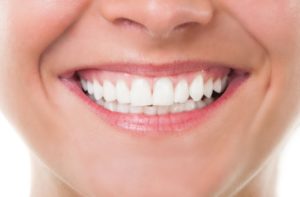 Your oral health is invaluable, no matter what stage of life you’re in. Not only does good oral health support the beautiful smile that we all strive for; it also protects the health of your entire body.
Your oral health is invaluable, no matter what stage of life you’re in. Not only does good oral health support the beautiful smile that we all strive for; it also protects the health of your entire body. Receding gums is a common dental problem caused by several things, including simple aging. Sometimes, receding gums are caused by overzealous dental hygiene, such as brushing too long, too vigorously, or too often.
Receding gums is a common dental problem caused by several things, including simple aging. Sometimes, receding gums are caused by overzealous dental hygiene, such as brushing too long, too vigorously, or too often.
